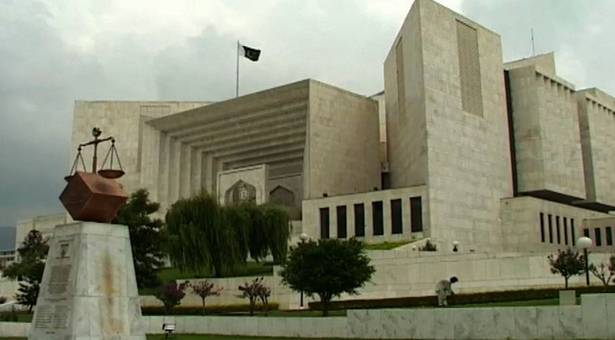In its review petition to the Supreme Court (SC), the Finance Ministry on Friday expressed apprehension of a ‘potential constitutional crisis’ in the wake of the Supreme Court judgement that clips the powers of the Prime Minister to move any legislation, finance or fiscal bill or approving any budgetary or discretionary expenditure without consulting the cabinet. The Finance Ministry’s concern is not without cause.
The judgement demands the premier and the ministries to get cabinet ratification for every decision they take. Every little action taken, whether by an additional secretary, or by the PM himself, needs the whole cabinet to rubber-stamp it. While the SC’s motive seems to be the empowerment of the cabinet, in reality it means more paperwork and a retardation of executive efficiency. As it is, the cabinet meets at best once a week, and there are 21 ministries. Collective responsibility will turn into collective chaos.
In the case of withdrawing tax exemptions, what the government did was not unconstitutional or illegal until the SC ruling. The ruling opens a Pandora’s box for the government, by putting all previous decisions taken by the government into a legal grey area. The courts are already swamped with more cases and appeals over the previous actions of the government. It seems likely that the next cabinet meeting will require the en masse ratification of previously implemented decisions. All this, while the cabinet’s workload was already immense, and now may be unmanageable.
The SC could have struck down the ruling of the Islamabad High Court, in just that one case, but the judgement text extends to the workings of all the ministries, not just of finance over that specific tax exemption. It also extends to the powers of the PM and his right to initiate bills which arguably goes against the powers given to members of Parliament in the constitution.
The verdict passed down will be popular among voters, who are suspicious of political leaders, and wish for greater oversight over government processes. However, such suspicion must not be the guiding principle of how we determine governance practicalities. It is assured that there will be bad decisions taken. But in the hope of stopping those, we may have delayed the taking of many good decisions too. It’s a tricky business, and trusting the government is a necessary, if terrifying need. Whether collectively, or individually, all men (and some women) err. It is preferable to decentralise, rather than frustrate many able decision makers outside of the cabinet by condensing approval to a clutch of ministers, who already have enough on their plates.






